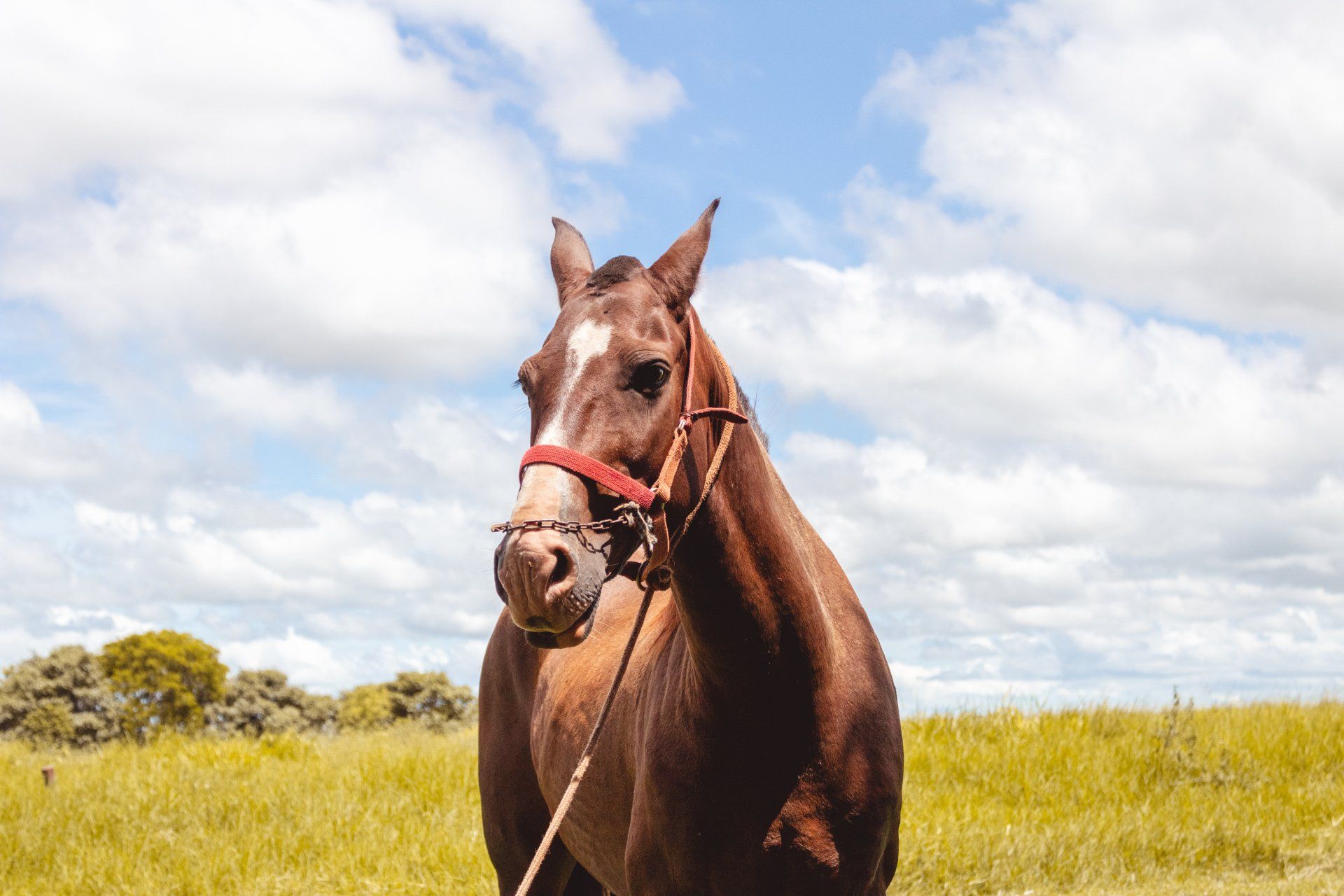West Nile Virus
West Nile Virus: What Horse Owners Need to Know
For many years, West Nile Virus (WNV) has caused scares among people and their four-legged companions. Recently, that scare became a reality for two horses and their owners in Northeast Ohio.
On August 21, 2018, the Ohio Department of Agriculture (ODA) released information concerning the first two confirmed, positive cases of WNV in Ohio this year. This is a small number compared to last year’s 14 cases, but this is still not an acceptable number. Both of these infected horses had not been vaccinated, leading the ODA and our veterinarians to urge horse owners to keep their animals’ vaccines and boosters up-to-date year-round. The West Nile vaccination is the only way to prevent such an issue.
“My message to horse owners is simple: vaccinate your animals and you can protect against West Nile Virus,” State Veterinarian Dr. Tony Forshey said in the press release. “Vaccines are a proven and effective prevention tool, and I encourage all owners to talk to their veterinarian to learn how they can easily keep their animals healthy.”
West Nile Virus is a virus that mosquitoes can spread to humans and other mammals. The virus itself is transmitted through infected mosquito bites, and may cause flu-like symptoms. In addition, West Nile can cause symptoms ranging from mild depression to encephalitis, even causing fatalities. If your horse seems mildly anorexic, depressed, drowsy, pushing forward, or experiencing asymmetrical weakness, please contact one of our veterinarians immediately. If treated early on, horses can often be cured, though the ODA says that the mortality rate for horses can be as high as 30-40%.
In order to prevent any disease symptoms, we hope to hear from you to set up a vaccination or booster appointment. In the meantime, you can help reduce the mosquito population on your property by eliminating possible mosquito breeding areas, such as stagnant water sources. It is also recommended to keep horses inside during insect feeding times, which are typically early in the morning and evening. It is also a good idea to use appropriate insect repellents.
The West Nile vaccine is often given at the same time as other vaccinations, some of which prevent other forms of encephalitis. Orrville Veterinary Clinic has an equine wellness program that is designed to protect horses against common threats that exist in our area. Please contact the office to set up a vaccination plan for your horses, or to discuss the equine wellness program in more detail.












